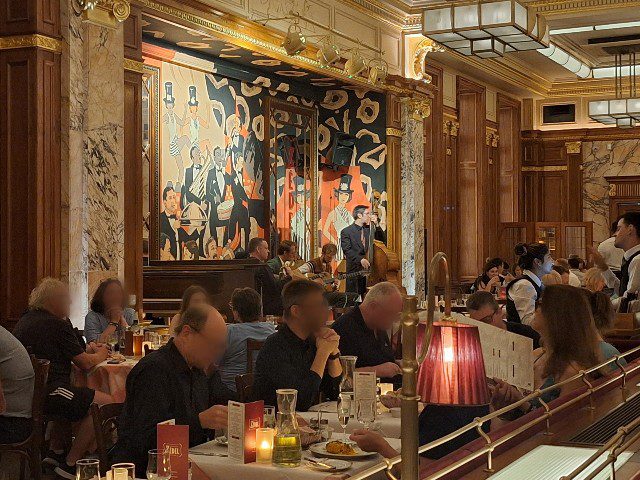Gentlemen who are preparing for study abroad or travel to the UK! Have you ever encountered place names on the map that made you do a double take? Yes, I’m talking about English place names like “Essex,” “Sussex,” and “Middlesex” that contain somewhat intriguing letter combinations.
But please put aside those suggestive thoughts for a moment. These place names actually have a proper historical background. In this article, let’s properly explain the answers to those “curious” questions you might have.
The True Identity of “-sex” Is Actually… a Sword!?
First, I apologize for disappointing your expectations (?) but the “-sex” in these place names has absolutely nothing to do with the meaning you might be associating it with. It actually comes from the Old English word “Seax.”
“Seax” refers to the short dagger or knife used by the Saxons, a branch of the ancient Germanic peoples. Explaining that the true identity of places ending in “-sex” is a dagger might still make some imaginative readers smirk, but this was an important artifact symbolizing their culture and traditions. Due to its significance, the name of this weapon gradually came to be used as a term to represent the Saxon people themselves.
Why Do Place Names End with “-sex”?

Colchester Castle, Essex’s premier tourist attraction
The reason why the suffix “-sex” came to be used in place names dates back to around the 5th century. At that time, Germanic peoples including the Saxons came to Britain. They settled in various areas and divided their residential regions by direction.
- Essex = Land of the East Saxons
- Sussex = Land of the South Saxons
- Wessex = Land of the West Saxons
- Middlesex = Land of the Middle Saxons
In other words, place names ending with “-sex” mean “land of the Saxons living in the [direction] direction.” It might be a bit anticlimactic, but it was actually a very simple naming convention.
Many of these regions still remain as administrative divisions in modern times. For example, they’ve become the names of famous universities like the University of Essex and the University of Sussex. If you’re considering these as study abroad destinations, be careful not to smirk when saying, “I’m going to the University of Essex!” Similarly, if you’re seeing off a friend who’s departing for study abroad, try not to tease them excessively.

The University of Essex where I once studied. It was a completely wholesome and beautiful campus.
What Do British People Think About This?
In fact, for British people, these place names don’t carry the suggestive connotations that we as foreigners might feel. Place names like Essex and Sussex are familiar, ordinary names they’ve known since childhood, and they rarely associate them with other meanings in modern English.
This is perhaps similar to how Japanese people don’t think about alternative meanings of the kanji “根” (ne/root) when seeing place names like “Shimane Prefecture” or “Nemuro City.” Rather, it seems that British people often realize “Oh, so that’s how it looks” when they see foreign tourists or international students chuckling at these place names.
That said, it seems that even among British youth nowadays, the modern appearance of these place names occasionally becomes a topic of conversation. However, this is done with a full understanding of the historical weight and cultural value these place names hold, and is merely a light conversational topic. In Japanese terms, it might be close to the feeling of discussing “Did you know this place name actually had this meaning?”

Conclusion: Understanding the Historical Background
Although some of England’s place names might seem suggestive at first glance, learning about their origins deepens our understanding of Britain’s rich history and culture.
Understanding the historical meaning embedded in place names leads to a deeper comprehension of the land and its culture. Please take this opportunity to remember that many British place names have over 1,500 years of history and have been carefully preserved to this day.






![[Room Tour] Staying in a Real Castle Once Home to an English King – Affordable Luxury That Makes You Feel Like Royalty (UK Castle Stay Guide Part 2)](https://en.kosupatravel.com/wp-content/uploads/2025/04/20240908161337-1024x768.jpg)